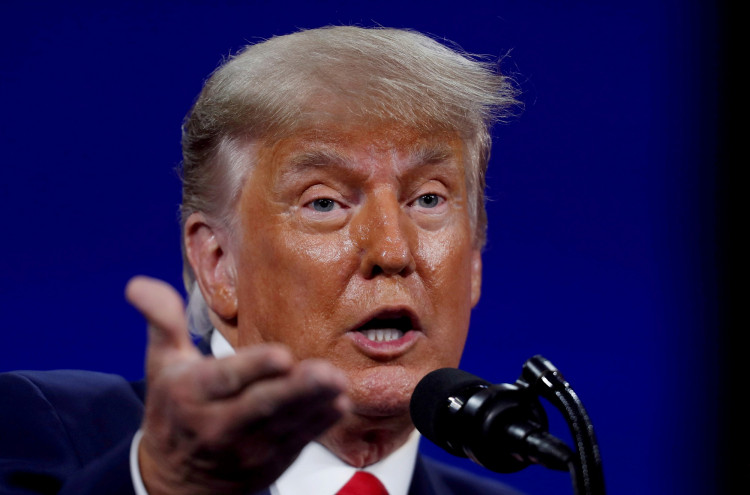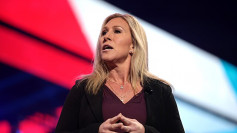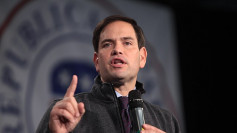As the Republican convention approaches, former President Donald Trump is gearing up to select his vice-presidential running mate for the 2024 election. This decision, expected to be made before the July 15 convention in Milwaukee, has sparked significant speculation and debate among political analysts and insiders.
Trump, who chose Mike Pence as his running mate in 2016, saw that political alliance fracture when Pence refused to overturn the 2020 election results, leading to a rift that has yet to heal. This time around, Trump has a fresh slate of candidates to consider, each bringing unique strengths and potential pitfalls.
Doug Burgum: The 67-year-old Governor of North Dakota, Doug Burgum, is relatively unknown outside his home state but has garnered attention for his steadfast support of Trump. Despite his low national profile and unsuccessful presidential campaign, Burgum's early endorsement of Trump and his presence at Trump's trial in New York demonstrate his loyalty. As a billionaire and real estate investor, Burgum's business acumen may appeal to Trump. However, his lack of significant political clout could be a drawback.
Tom Cotton: Arkansas Senator Tom Cotton, 47, has been a vocal conservative voice in the Senate since 2015. Known for his hardline stances on national security and his military background, Cotton could bolster Trump's appeal to defense-focused voters. His Harvard Law degree and combat experience lend him a gravitas that may balance Trump's populist rhetoric. However, Cotton's occasional opposition to Trump during his first term might raise questions about their compatibility.
Marco Rubio: Florida Senator Marco Rubio, 53, brings a wealth of experience and a broad appeal to the potential ticket. Despite a contentious relationship during the 2016 primaries, Rubio has since become a staunch Trump supporter, defending him during impeachment trials and recent legal challenges. Rubio's Hispanic heritage and strong committee experience make him a compelling choice, though constitutional issues could arise if both he and Trump claim Florida residency.
Tim Scott: South Carolina Senator Tim Scott, 58, could make history as the first Black vice-president. Scott's ability to raise funds and connect with minority voters has been praised within the GOP. His staunch conservative positions align well with Trump's base, though his criticism of Trump on certain issues, such as abortion, might cause friction. Scott's extensive political experience and upcoming marriage add to his profile.
Elise Stefanik: At 39, New York Representative Elise Stefanik has transformed from a Trump skeptic to a fervent supporter. Her aggressive defense of Trump and her leadership within the House GOP make her a significant contender. Stefanik's youth and her stance on current issues, like antisemitism on college campuses, position her as a dynamic and modern choice. Her selection would mark her as the youngest vice-president in modern history and the first female Republican VP.
J.D. Vance: Ohio Senator J.D. Vance, also 39, combines military experience, legal expertise, and tech industry knowledge with a compelling personal story. Vance's turnaround from a Trump critic to an ardent supporter during his Senate campaign highlights his political adaptability. However, selecting Vance could risk a Senate seat in a competitive election year, and his recent political ascent may be viewed as too rapid for such a prominent role.
Trump's selection process is closely watched, with each potential candidate bringing distinct advantages and challenges. The final decision will likely reflect Trump's strategic priorities and his desire to craft a ticket capable of reclaiming the White House.
Political commentator Tom Quinn noted, "The last thing Trump and his team want is to give the renegades something else to complain about." This sentiment echoes the delicate balance Trump must strike in choosing a running mate who can unify the party while appealing to a broad voter base.






